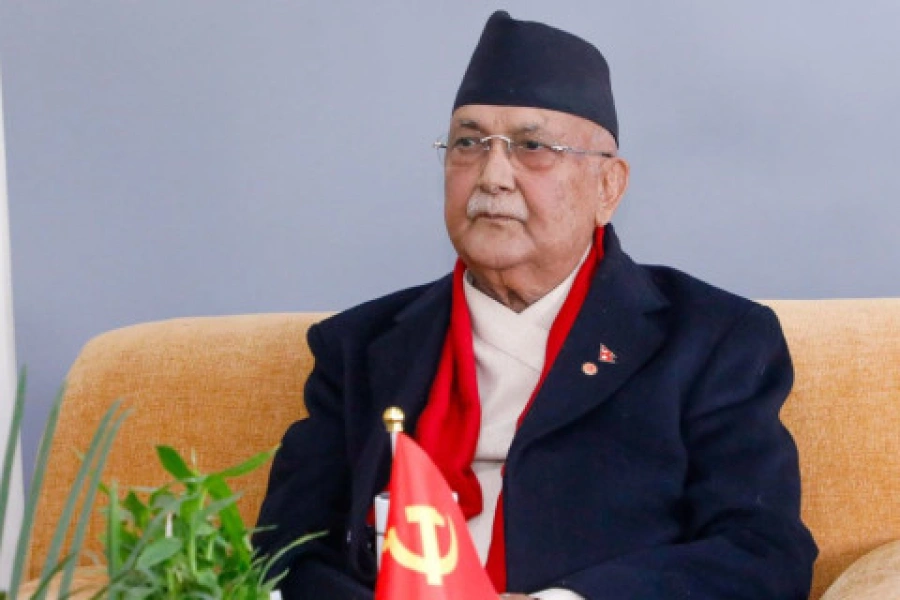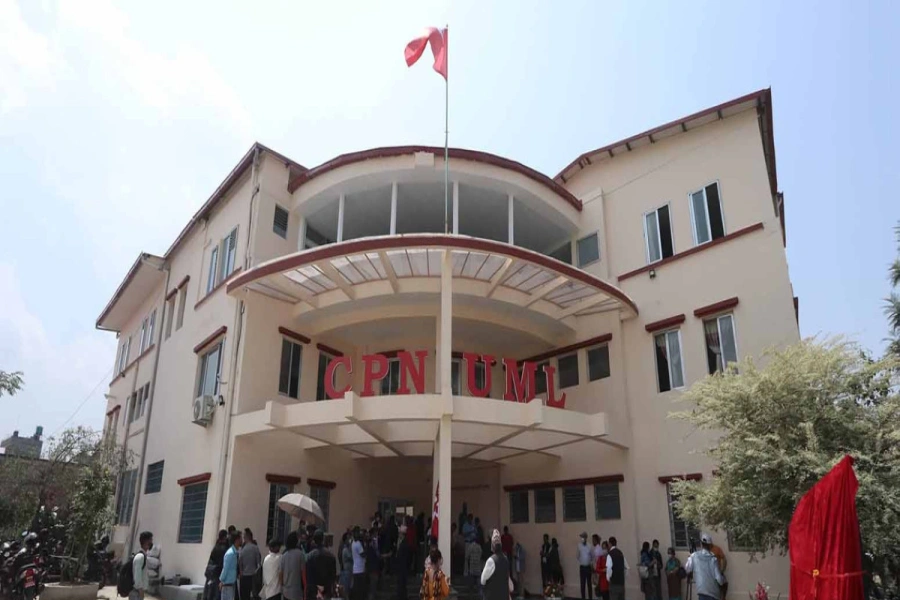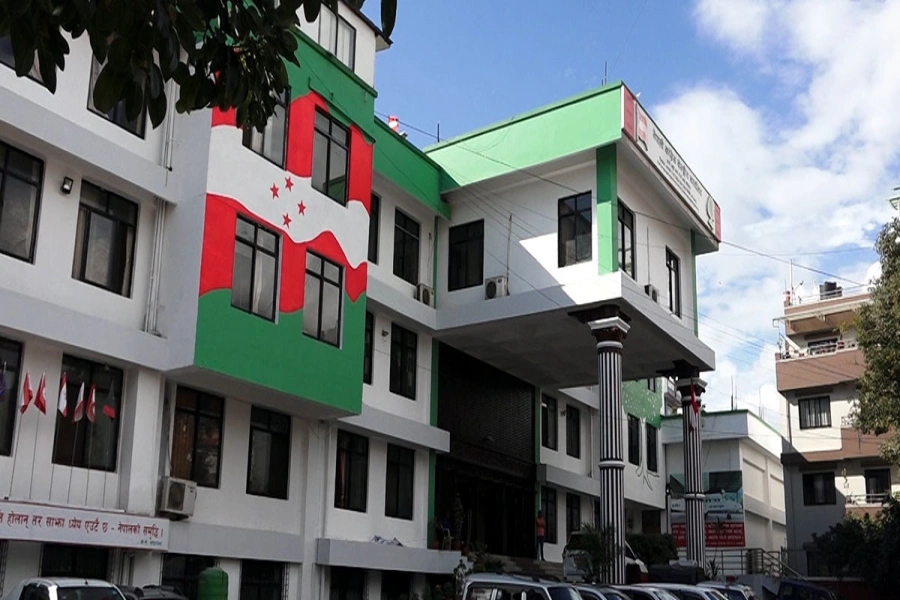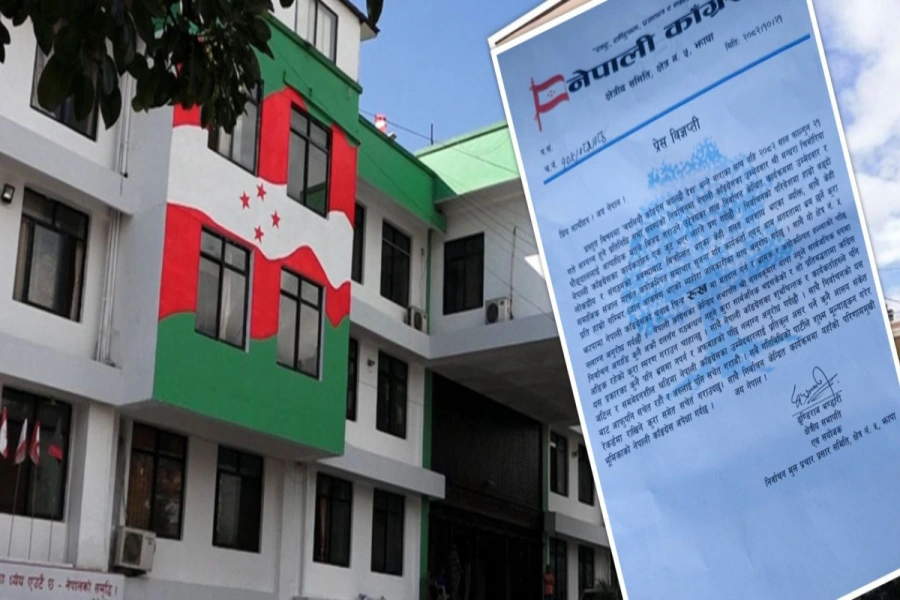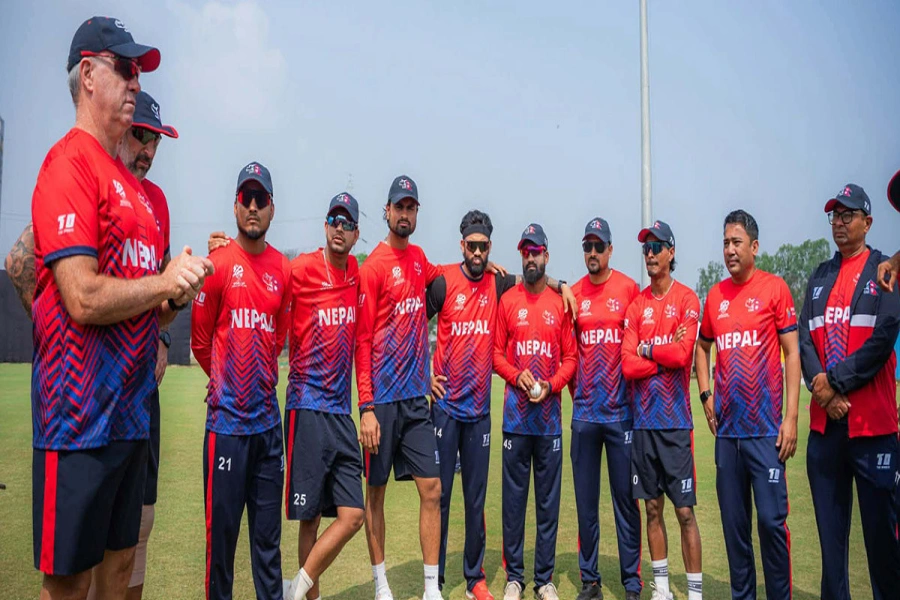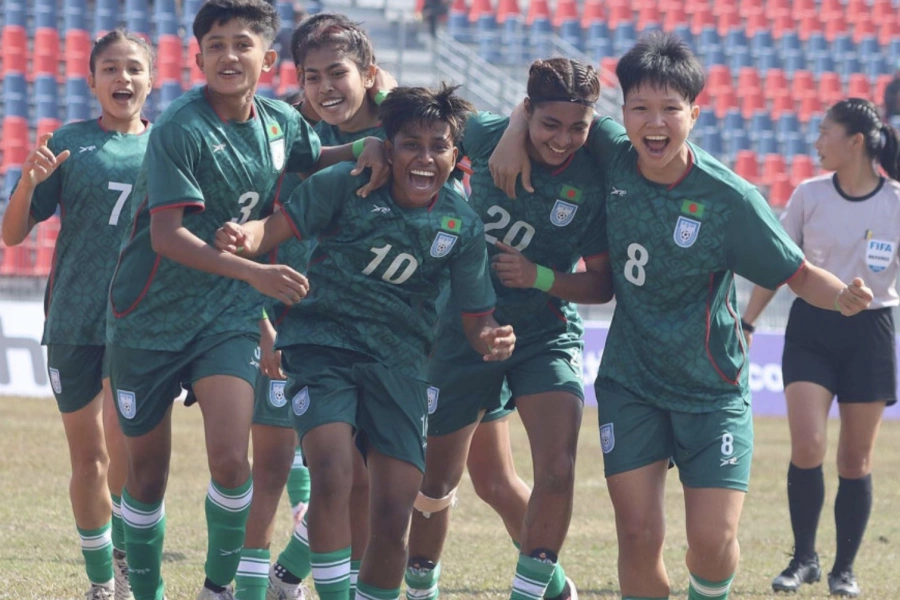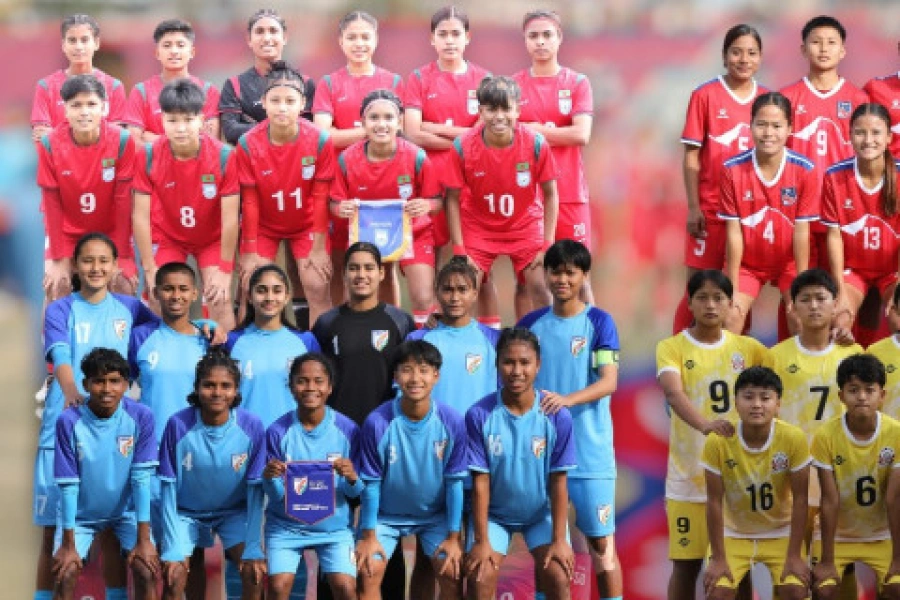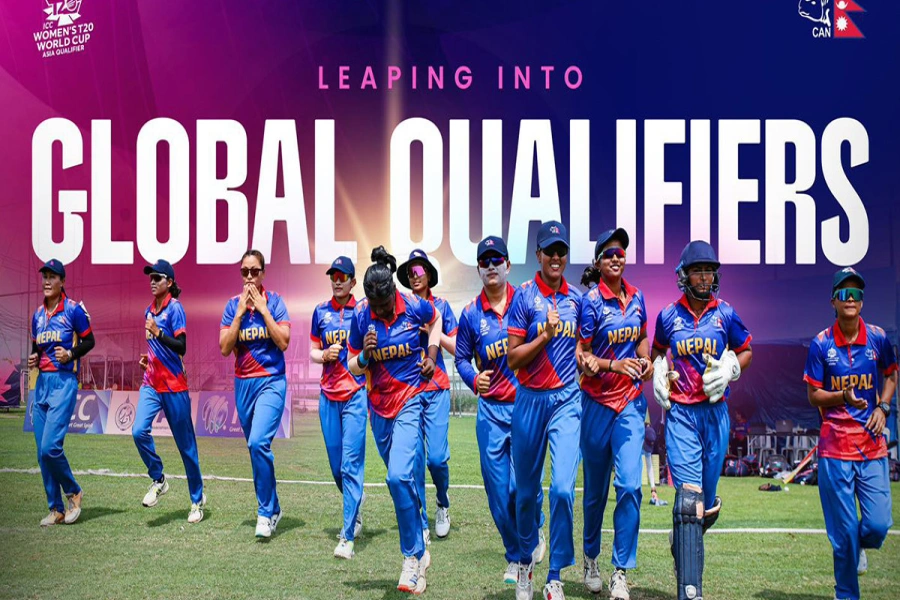What do you consider a normal situation for our country? Were we ever normal as a country?
The ‘new normal’. Yes, there is a lot of talk about ‘new normal’ these days in countries with a reduced number of COVID-19 cases. They are looking forward to days without a case of corona reporting and no reporting of COVID 19 related deaths. They are calling the situation the ‘new normal’. As I understand, ‘new normal’ relates to a situation where life is going to continue as it was before COVID -19 with some modifications. Things have changed. COVID-19 has massively disrupted economies, healthcare, and education systems throughout the world. Even situations at the home front have changed.
Some households have had time to introspect on mutual relationships, gender roles, and stereotypes. Most men in single-family homes have looked at the home situation with a different point of view and contributed to the smooth running of the household since the emergence of COVID-19. Plenty of men shared household chores with their families during the lockdown period. This provides hope for women, that men will now realize the burden women have been bearing and will now continue sharing responsibilities after the pandemic as well. However, to believe that gender discrimination can be handled so easily is being naive, and men will give up on their old habits is unbelievable. Pandemic only provided the opportunity to sensitize households on the importance of gender equality and social cohesion as a component of the ‘new normal’.
According to experts, we need to acknowledge the visible change that has taken place and not examine it through the lens of the ‘new normal'. We all know that things will never be the same again, so we need to welcome the new world order. By using the term the ‘new normal’, we are trying to reimagine where we were before in comparison to where we are now, considering our present as the standard. The 'new normal' does not allow us to deal with the totality of our present reality. It first prevents personal psychological wellbeing and then ignores the fact that 'normal' is not working for a majority of society.
The current debate on 'new normal' acts as a means that helps people to accept the idea that our present is okay because normal is regular. Yes, there are many challenges including, public health, management of education and economy, but these issues can be managed. We gradually prepare ourselves to accept life under the omnipresent threat of disease as ordinary. Then again, what exactly is normal, about this pandemic? It is not normal for a large number of members of society to be isolated at the same time. If this is normal, then we are supposed to have control of the situation. Even if we feel loss or despair, we are expected to get used to it: accepting that this morbid reality is now a standard.
Desperate search for missing girls as nearly 80 dead in Texas f...

The term 'new normal' is now used as a way to suppress uncertainty as a result of the pandemic. With no cure in sight, everyone from politicians and the media to friends and family has started to use the term as they look forward to settling into life under this 'new normal'. Under the circumstances, it is okay to feel uncomfortable with what is going on. It is okay to admit that things are not normal. According to psychologists, it is necessary to identify our losses and honor the grief around us through meditation, communicating our struggle, and expressing ourselves through art or keeping our journal. Despite the gloom that surrounds us, we need to get used to it and accept that this sad reality is now a standard.
While uncertainty surrounds, it is ok to admit that things are not normal. It is okay to feel sad, be scared, or feel uncomfortable. In fact, all of us should feel uncomfortable with our present condition because the ‘new normal’ describes a reality to which many of us do not have access to. The thought of the 'new normal' makes us self-conscious and unable to act in a relaxed and natural way to heal ourselves. It forces us to question the ‘new normal’ because there is nothing new about the ‘new normal’.
Also, because 'normal' has not worked for a majority of the world's population, including Nepal, why would it start working now? The ‘new normal’ constrains our thought about fundamentally transforming society because it imagines a world that functions for a select group superior in terms of ability or qualities to the rest of society.
Popular strategies proposed for our safety are focused on social distancing, and personal protective equipment remains out of reach of some, as a means to keep themselves safe. Stay at home orders cannot be observed by most depending on day to day income for their survival. Stay at home and stay safe is a luxury for all the homeless people as well. We have had lockdown since March 24, and now we are at a situation where people are ready to protest and demonstrate for the sole reason of survival. Some protests have taken place that pointed out the fact that if they survive coronavirus, the ‘hunger virus’ will kill them. With so much emphasis on work from home and online tools to facilitate connection and to escape confinement. The ‘new normal’ promises virtual engagement, ignoring the fact that still much of the population here are offline and do not have the know-how of online technology.
Despite this situation, schools are promoting online classes. This has definitely increased the gulf between the haves and have-nots—between those who have access and those who do not have access to education, those who have access to the health facility and those who do not, those who have access to food and those who live on daily wages, those who have homes and those who are thrown out because they do not have money to pay their rent and so on.
Social distancing is going to be a justification for social exclusion. At the same time, our unsettled and lonely feeling can help us empathize with those who have faced systematic exclusion long ignored by society even before COVID-19. For these communities, life has never been ‘normal’.
During 2020, we witnessed the growth of COVID-19 in the world. Now that the year is ending, it is proving to be the worst year of the 21st century so far. COVID-19, a virus invisible to the naked eye, a virus without a cure, has destabilized most institutional settings in the world, and Nepal is no exception. During Covid-19 lockdown, shut down, and curfew, we witnessed a significant increase in child marriage, child abuse, and sexual abuse in women and adolescents. As we struggle to bring some impression of normalcy, COVID-19 is a reminder to humanity that we will continue to face challenges in the future. It is upon us to prioritize those issues that are most relevant in the 21st century.
Finally, while the pandemic continues to grow, it provides us with an opportunity to reimagine our country by tracing history, not forgetting it. Yes, everyone is uncomfortable with the current situation. We need to work together to generate a ‘new inclusive pattern’ and not a ‘new normal’. We should use our discomfort to come forward with a new model to handle similar situations in the future. While we are working to create new paradigms, let us also define what is normal.
In the end, I would like to leave with a few questions of my own. What do you consider a normal situation for our country? Which normal are we talking about? Considering all the goals MDG, SDG, and other goals we were supposed to meet, were we ever normal as a country? Maybe we need to think of a different terminology instead of ‘new normal’ as we move forward to achieve our goals in the post-COVID-19 situation. Think about it, will you?
Usha Pokharel is an educationist and author of several children’s books








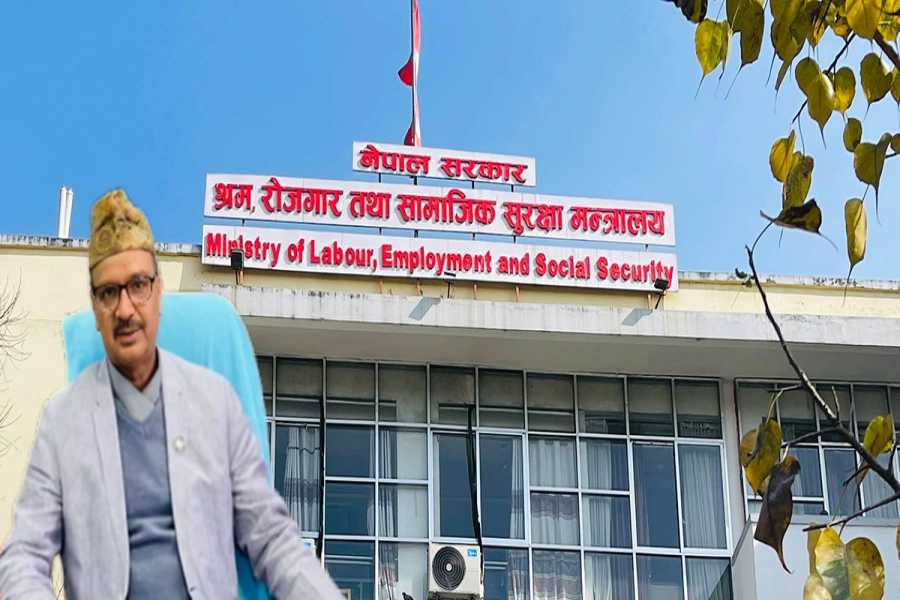

_20200814192758.jpg)





